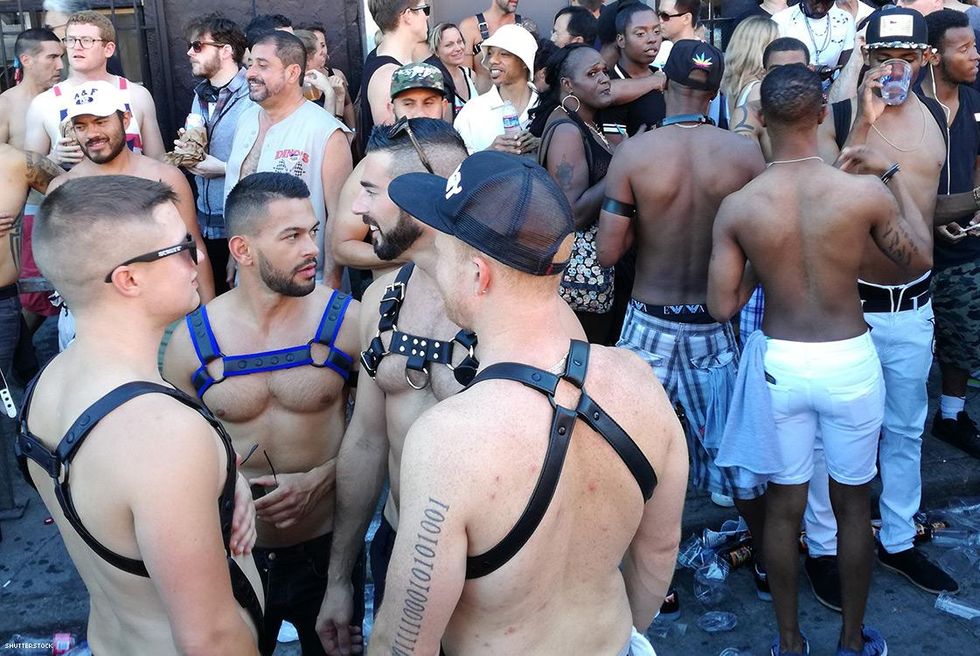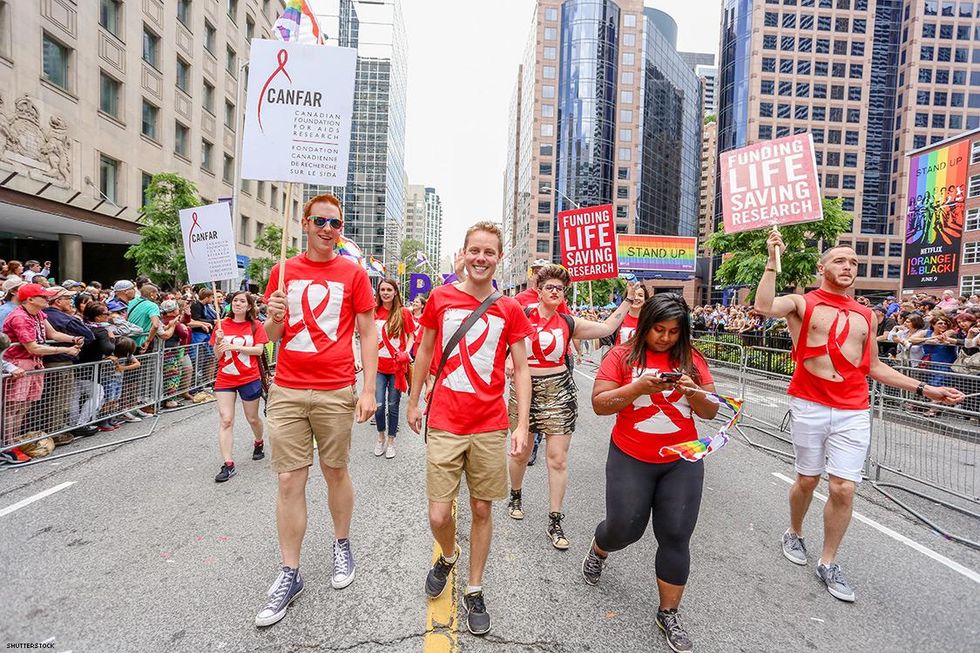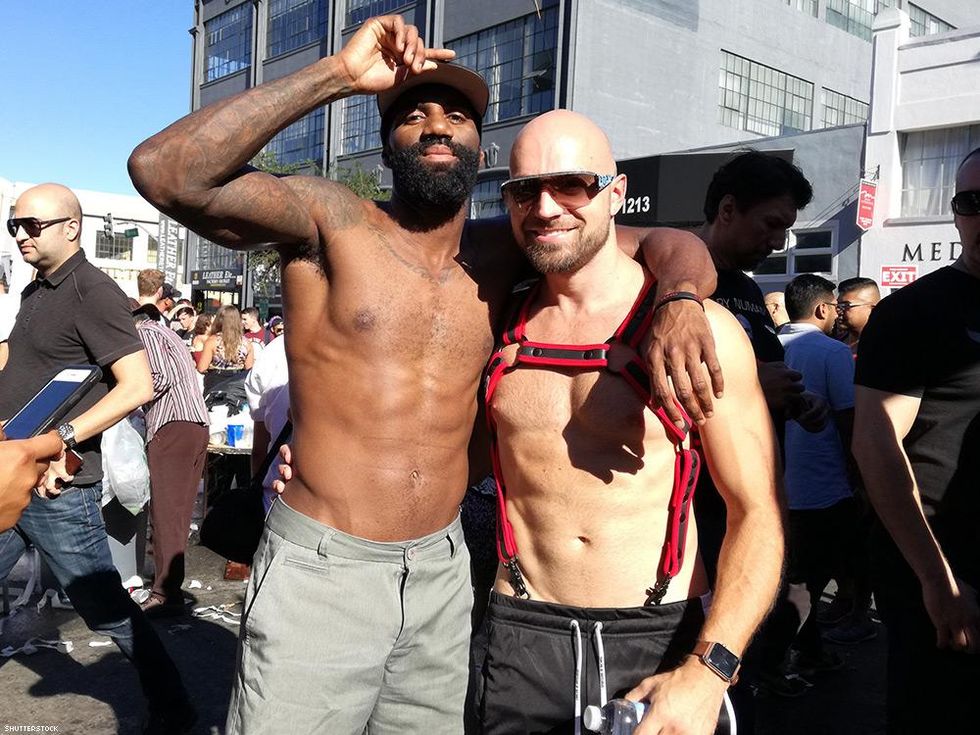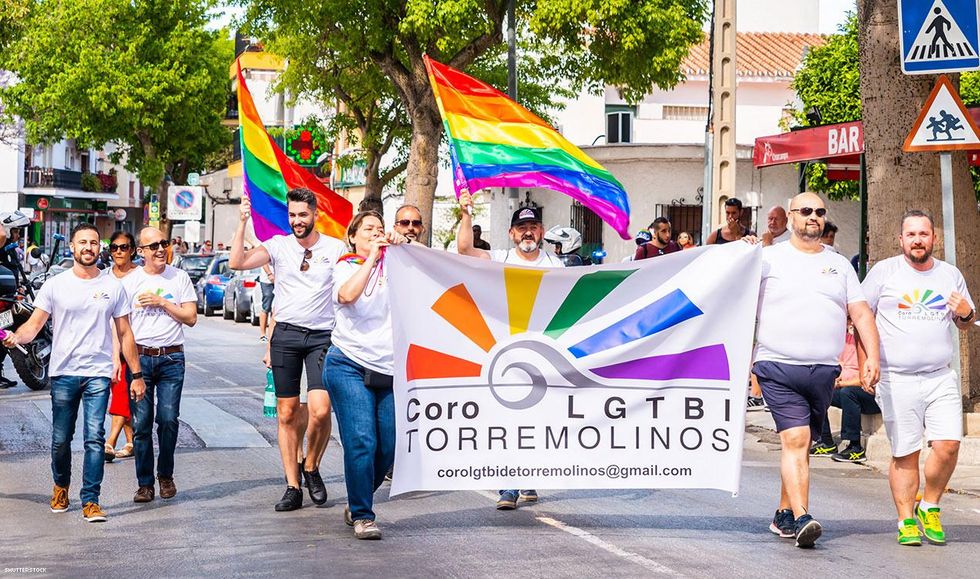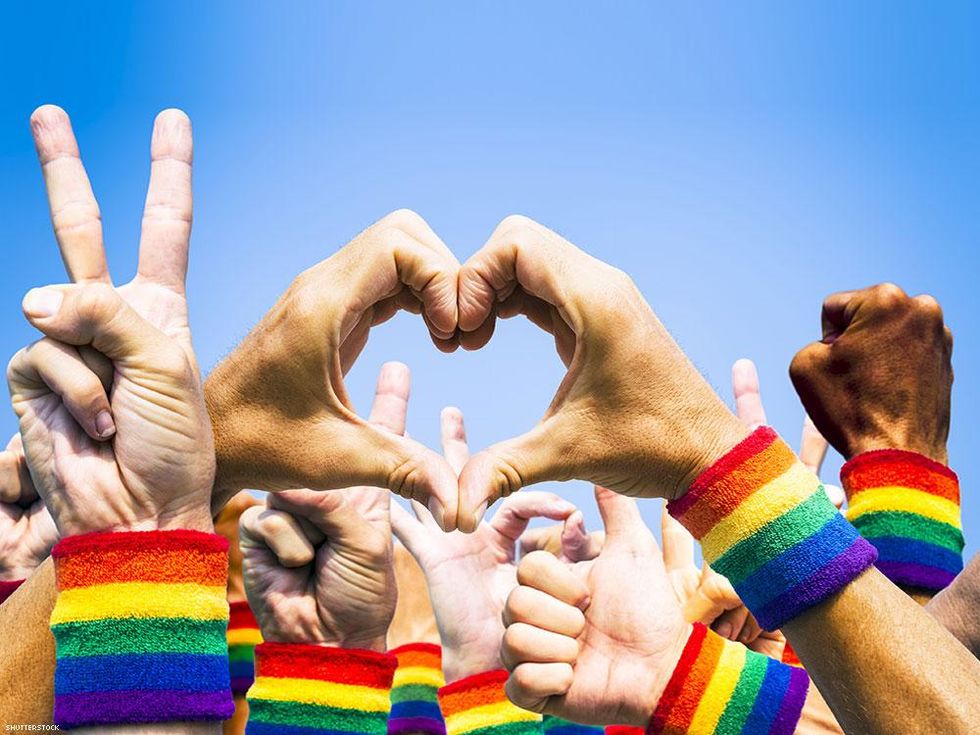Anyone who identifies as anything on the LGBTQ+ spectrum already knows how difficult it is to maintain that identity. We search for representation of ourselves in the people we surround ourselves with, the media we consume, and the celebrities we follow.
Over the last few years, more and more people have started using and have become more familiar with the term “queerbaiting,” which involves teasing some sort of homosexual relationship or tendencies without actually delivering.
As with anything else, this issue is a little more complex than what’s presented at the surface level. Keep reading to find out what queerbaiting is, what it isn’t, and why it’s harmful to make assumptions about queerbaiting when it may not really be the case.
What is queerbaiting?
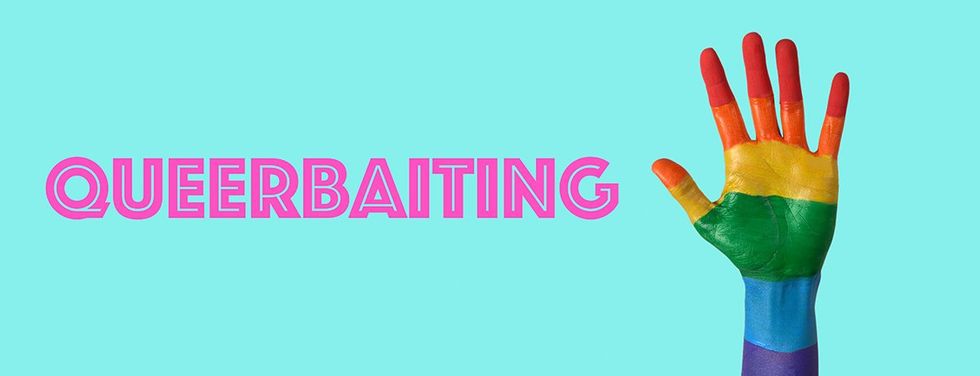
Shutterstock
The Dictionary defines queerbaiting as "the practice of implying non-heterosexual relationships or attraction (in a TV show, for example) to engage or attract an LGBTQ audience or otherwise generate interest without ever actually depicting such relationships or sexual interactions."
Outside of television and movies, another place we tend to see queerbaiting is also among celebrities. Even though speculating over celebrity’s sexualities is divisive, there are plenty of times when straight celebrities participate in some homosexual act that’s thought to “bait” their queer fanbase into thinking they’re part of the community.
Even though it’s not always true, the impact can also be damaging to susceptible audiences.
When did queerbaiting begin?

Shutterstock
It's a little more difficult to pinpoint when queerbaiting began because, in a lot of ways, it is a recent phenomenon. On the other hand, the term has been recorded since at least the 1950s, though back then, it had more to do with events like the Lavender Scare that looked to seek out and fire LGBTQ+ workers in a modern-day witch hunt.
The term started to make a shift in the 2010s when it took on the meaning of opportunistic practices to bring a queer audience without delivering on the promise of same-sex or queer relationships in the mainstream.
The term "queerbaiting" became a more prevalent topic in the news in 2021 and started gaining more widespread attention when Billie Eilish was accused of queerbaiting after she posted the promotional images for the music video for "Lost Cause." She teased that she "loved girls" but didn't do anything sexual with them in the video, despite some suggestive imagery.
What are some negative effects of queerbaiting?

Shutterstock
According to Dr. Michelle M. Forcier, MD, MPH at FOLX Health, queerbaiting has both overt and subliminal effects on audiences and can be harmful to both queer and non-queer people for a variety of reasons.
“First, it continues to suggest that portraying actual queer characters and content is risky in terms of media and audience acceptance,” she tells Pride. “Real queerness cannot seemingly exist in these public spaces or be tolerated as normative and part of friendship, love and families. Second, this both invalidates the queer identity as well as creates real-life storylines of invisibility or isolation. We know how important it is for people to see images of themselves and representation of their identities as they live, work, and play in various environments. Finally, queer baiting sometimes relies on inaccurate or stereotypical cis and hetero expectations of what cis and hetero folks think queer is about. Stereotypes and perpetuating misunderstanding and falsehoods about diverse populations is malignant and not helpful to all communities.”
Suzannah Weiss, resident sexologist for Fleshy, says the issue is also twofold. “It’s great that we live in a world where depicting queerness would be seen as something positive and cool rather than being as stigmatized as it was in the past,” she says. “The issue people have with queerbaiting is that it can make it seem as if queerness is just a trend or a spectacle, and it can also cause people who aren’t queer to be looked to as representatives of the LGBTQ community."
Is it just as bad to falsely accuse someone of queerbaiting?

Shutterstock
Outside of any marketing ploy seen in films, when queerbaiting turns toward real people, things can get a little more convoluted.
“It can also be problematic to accuse celebrities of queerbaiting when we have limited information about their own sexuality and the intentions behind their art, their style, and the statements they make,” says Weiss.
Edward Reese, Gender and Sexuality Expert for Taimi, also says that “real people being touchy and passionate with each other is not queerbaiting.”
They add that while queer people love to ship characters together from their favorite shows and movies, to remember that celebrities are “real people with real sexualities and real bodies. They have the same bodily autonomy we do and they can touch, hug, and even kiss one another without us assuming their sexuality. Accusing real people of queerbaiting can lead to outing or forced coming out, as it happened to Kit Connor and Billie Eilish. We need to remember that no one owes us a coming out.”
Are companies just using this to cash in?

Shutterstock
Despite what larger companies and corporations might think, queer audiences are onto what they’re doing and recognize how they’re being toyed with when it comes to scripted entertainment.
“The worst thing in queerbaiting is when big studios are making money on it and gather lots of attention doing literally nothing,” adds Reese. “Fans see that they still get no real support from the creators they love. That’s why our attention shifts from blockbusters to streaming services and indie cinema, which are not afraid to show queer characters and even make them leads.”
Courtney D’Allaird, Assistant Director/Coordinator of the Gender & Sexuality Resource Center at the University at Albany, State University of New York, also says businesses are just as at fault for their marketing campaigns as the entertainment industry.
“Big businesses can try and get the most out of all worlds, by marketing rainbow logos or queer slogans to LGBTQ+ people and LGBTQ+ allies, who do pay attention to and give more attention to brands in this way,” they say. “At the same time, not marketing those logos and slogans to consumer demographics that statistically are less likely to respond or even expected to respond negatively. Ultimately these brands and shows can try to capture the support of LGBTQ+ people and allies while never truly having to take a stand or change representation or policies that actually affect LGBTQ+ people's lives.”
How can we combat queerbaiting?

Shutterstock
As for people living their real lives, it is essential to remember how harmful it can be to accuse someone of queerbaiting when it’s not actually the truth. In the days of reality TV, it can be additionally hard to separate fact from fiction and what we think we’re owed, especially when it comes to the celebrities we fawn over.
When it comes to the media, who knows more of what they’re doing, D’Allaird also says, “If you are actually a media creator, then make queer characters explicitly. Include them in your work, not just as sub-characters. Look for LGBTQ+ writers, creators, and media producers to watch, employ, and follow.”
Outside of that, they also call on activists to “call out queerbaiting ...The more true representation we see, find, and celebrate, the faster we can recognize when it’s just queerbaiting and the quicker we can turn our attention back to the representation we all deserve.”









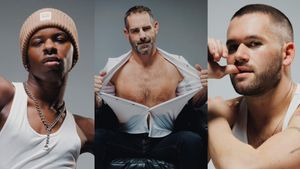



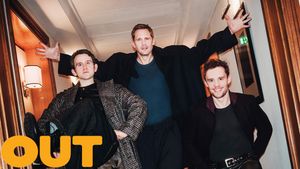


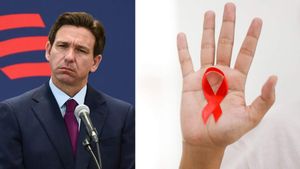













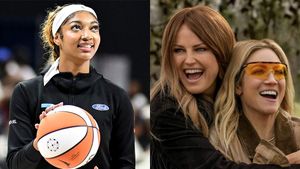

















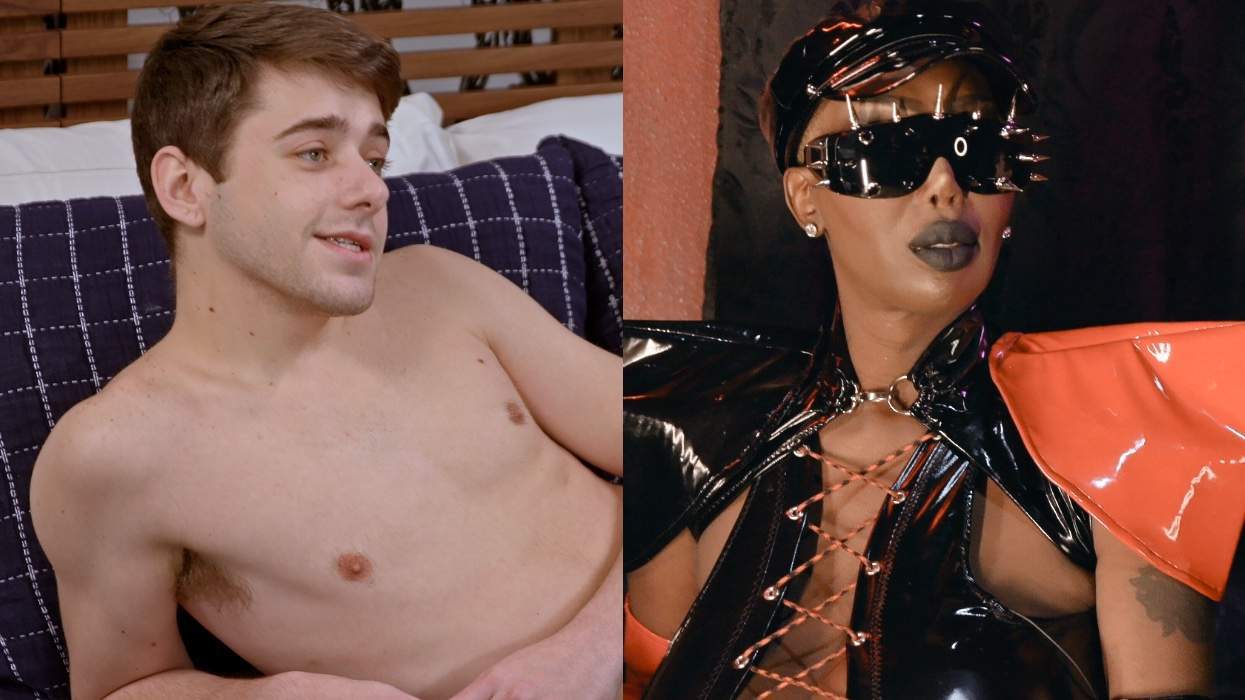
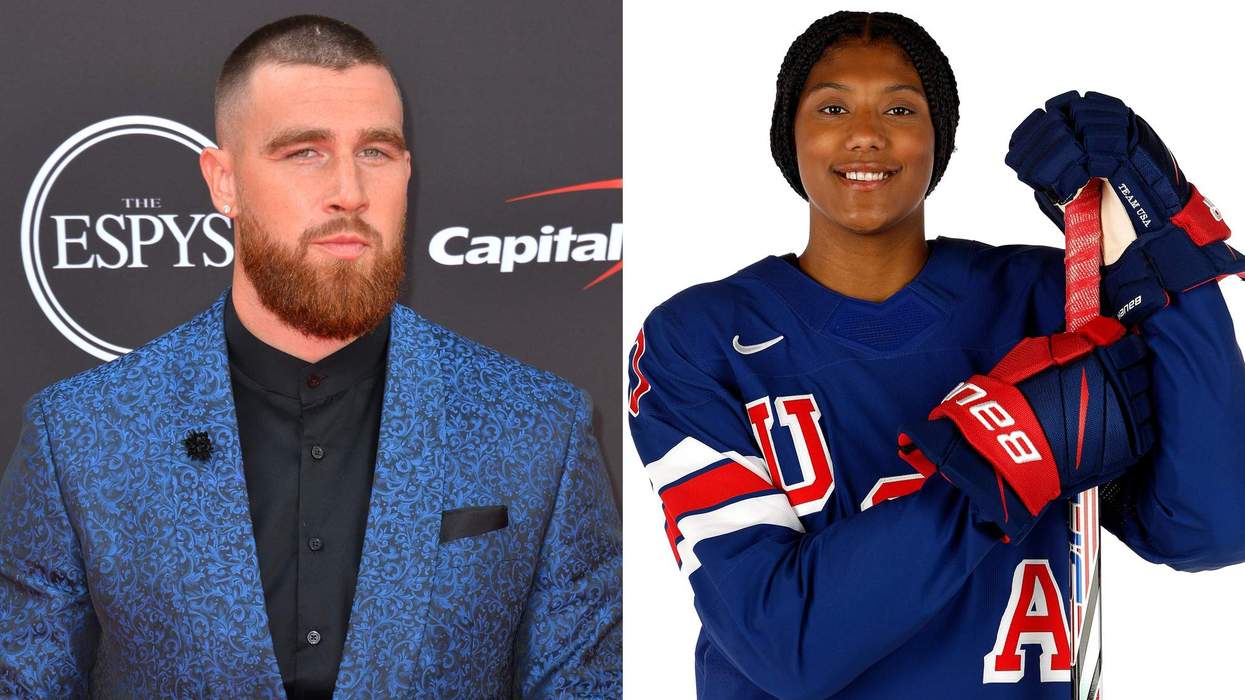


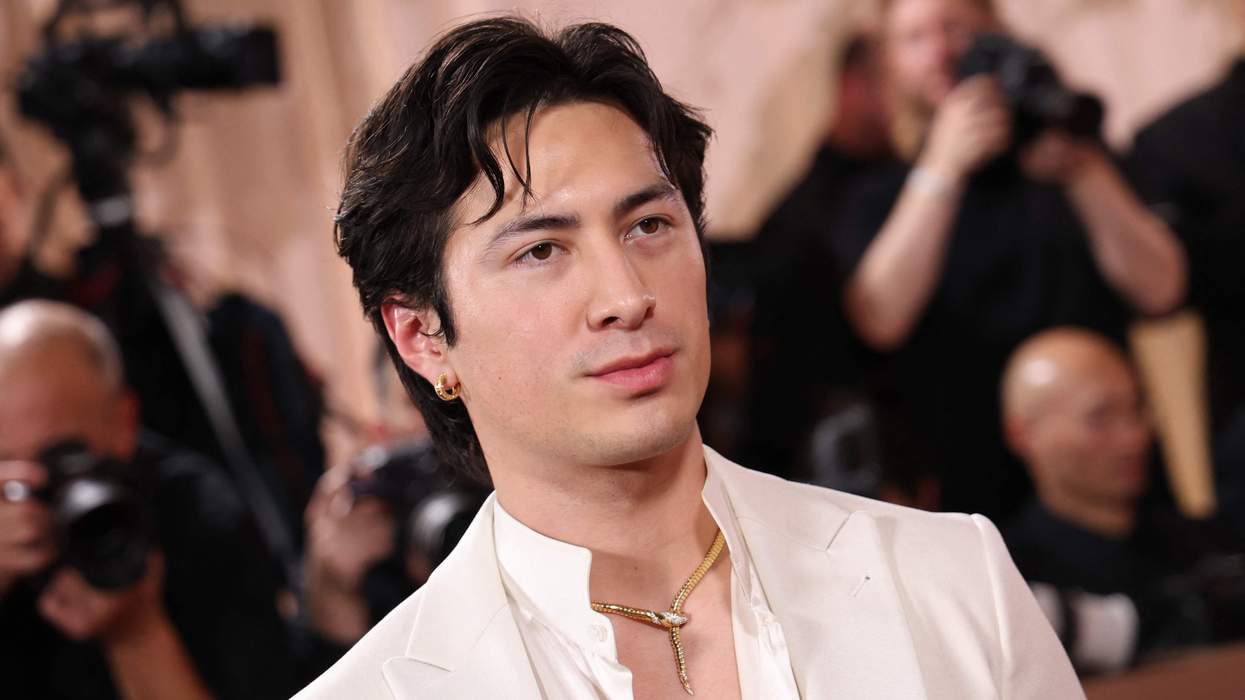
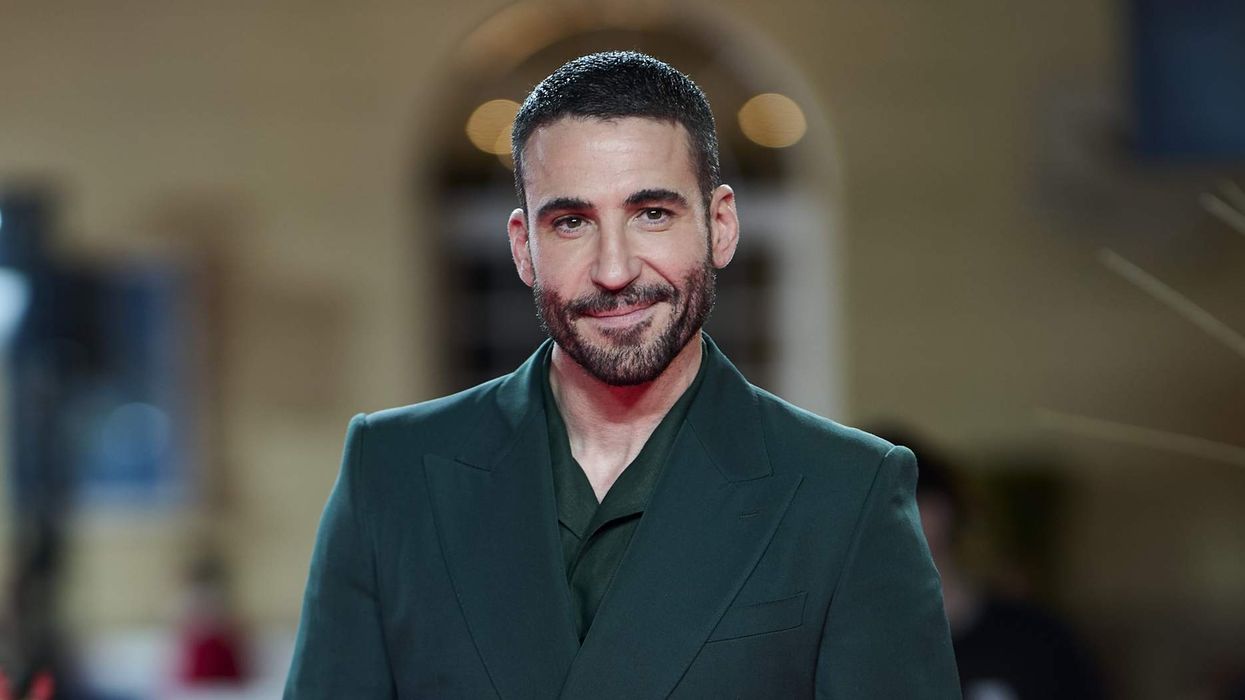


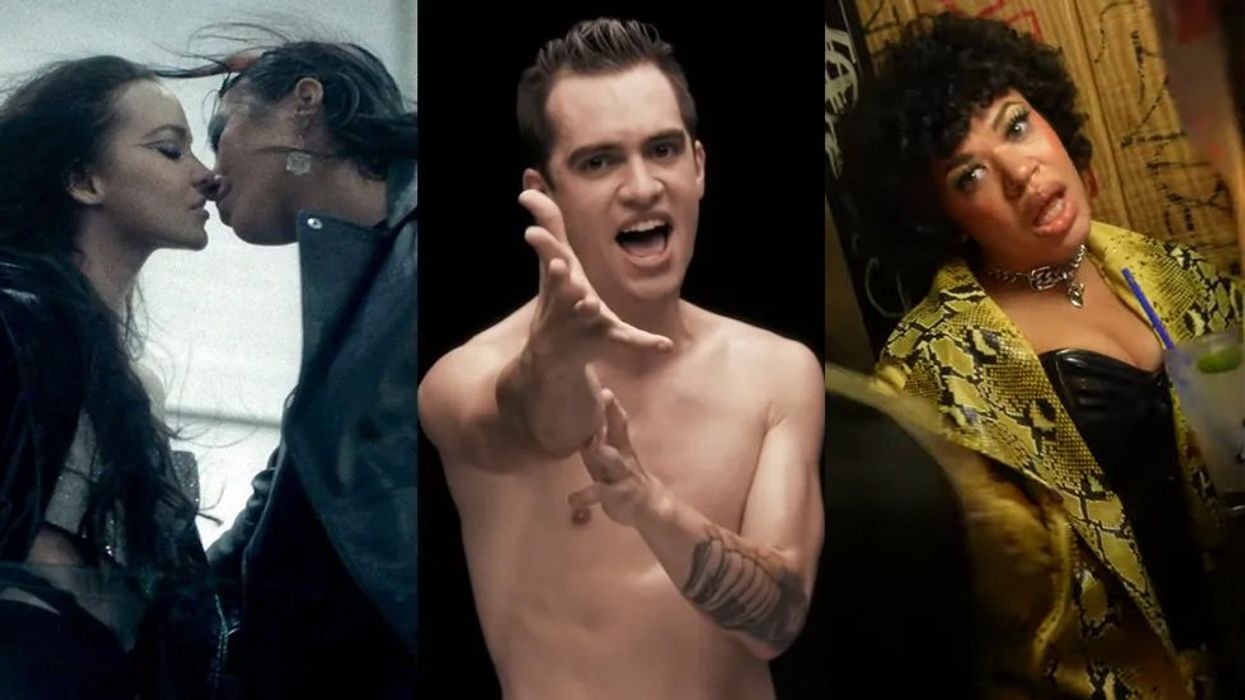
 35 bisexual pop anthems we have on constant repeatYouTube.com/Binoy
35 bisexual pop anthems we have on constant repeatYouTube.com/Binoy


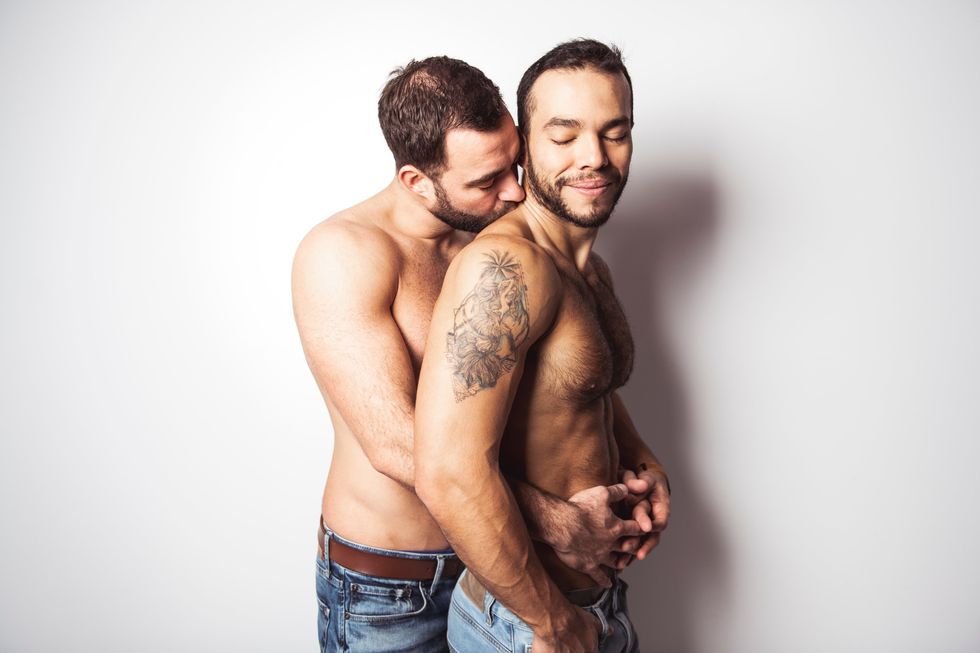
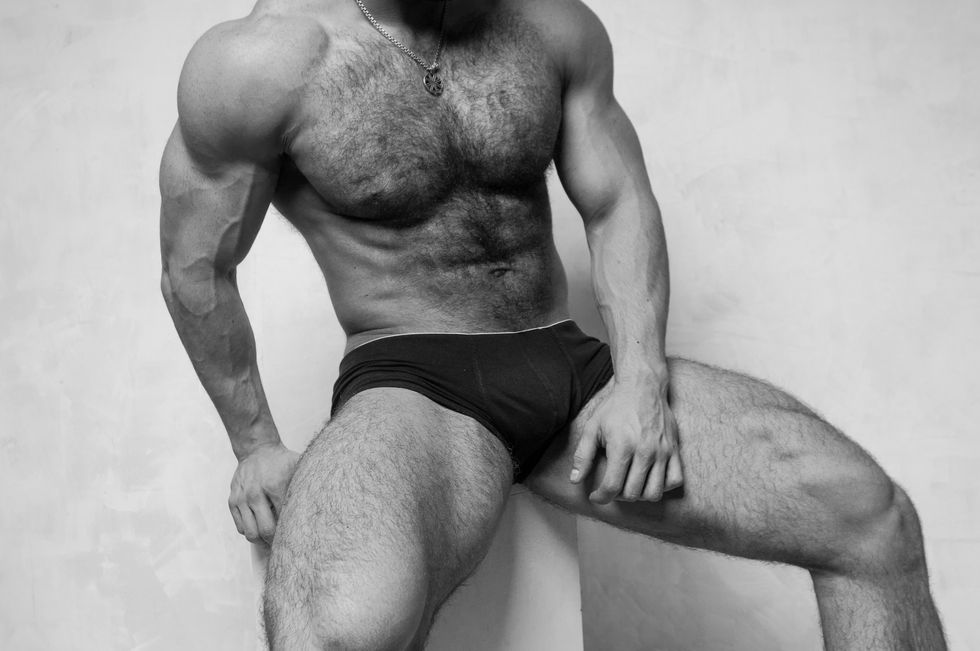
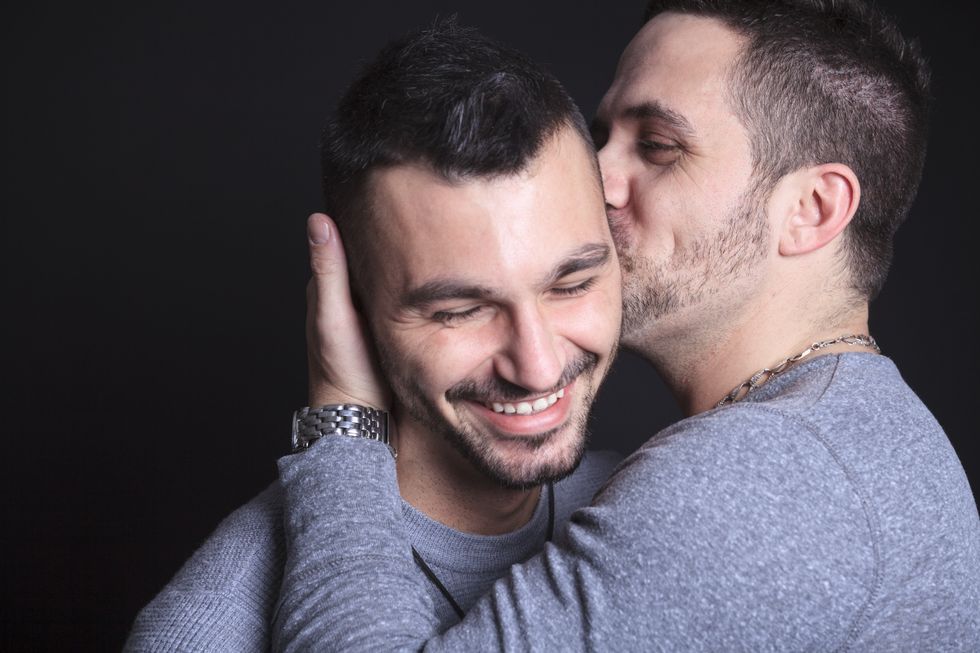



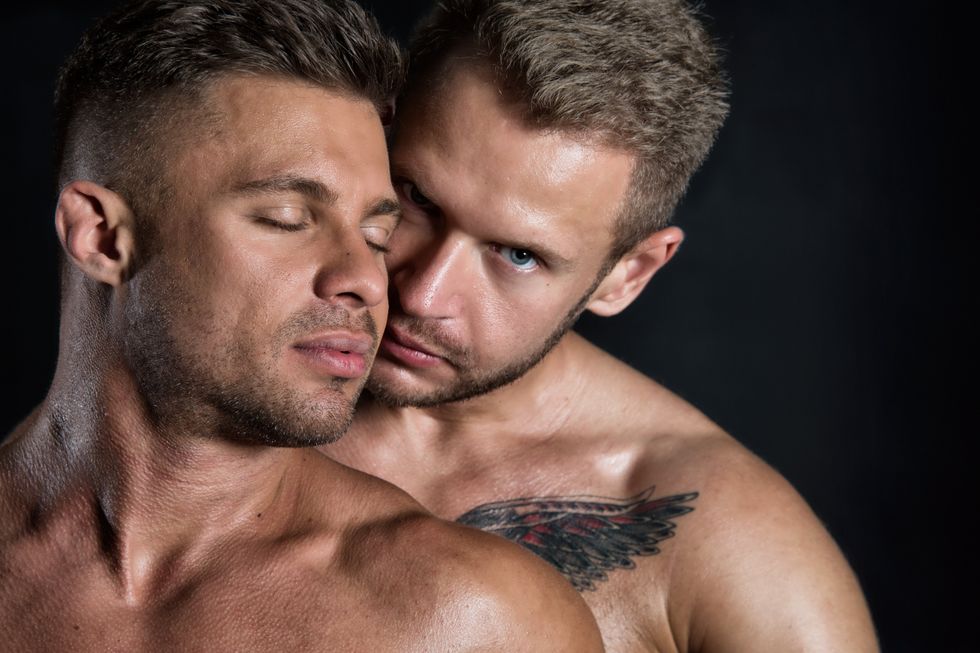


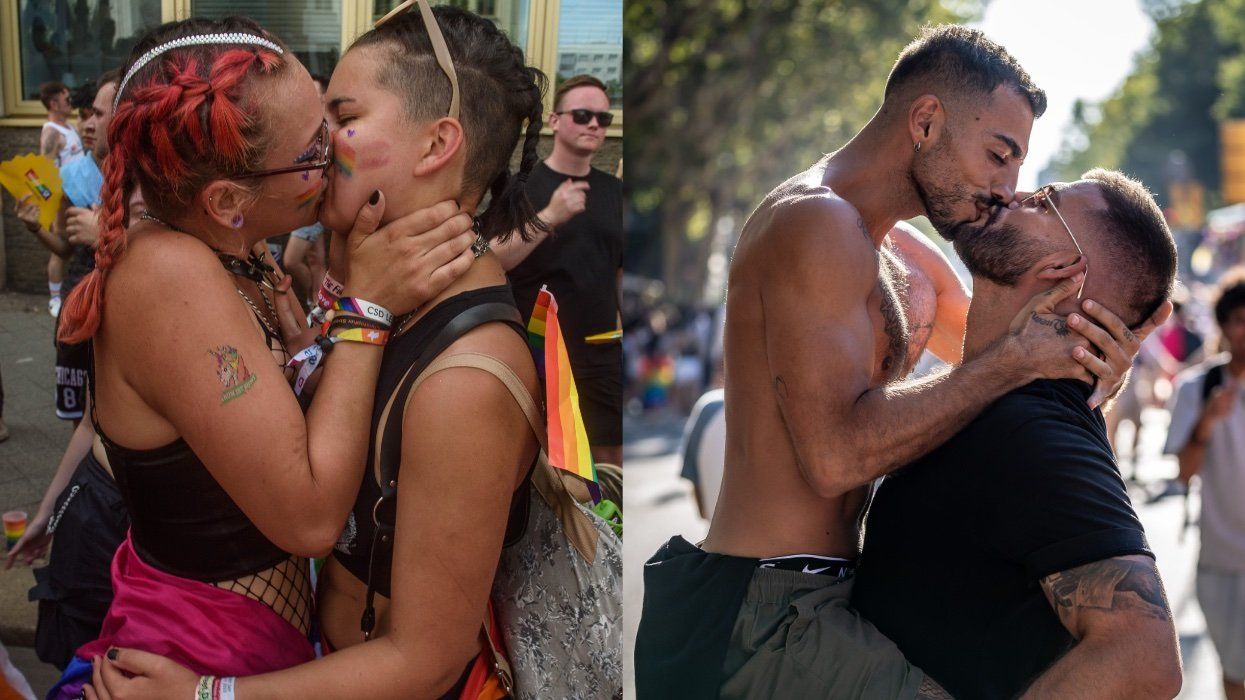
 A couple kisses in the middle of the street during the Christopher Street Day ; Men seen kissing during the 2023 Pride Barcelona Parade.Yerchak Yauhen/SOPA Images/LightRocket via Getty Images; imone Boccaccio/SOPA Images/LightRocket via Getty Images
A couple kisses in the middle of the street during the Christopher Street Day ; Men seen kissing during the 2023 Pride Barcelona Parade.Yerchak Yauhen/SOPA Images/LightRocket via Getty Images; imone Boccaccio/SOPA Images/LightRocket via Getty Images
